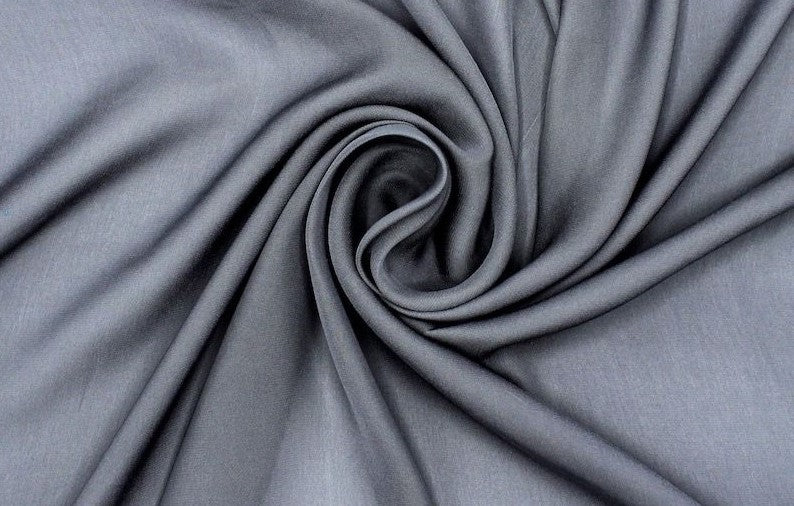Polyester is a synthetic fiber that is widely used in the textile industry. It is known for its durability, wrinkle resistance, and ease of care. Polyester was first introduced in the early 1940s and has since become one of the most commonly used fibers worldwide.
Here are some key features and characteristics of polyester:
-
Composition: Polyester is a polymer made from petroleum-based substances, primarily ethylene glycol and terephthalic acid. Through a chemical process called polymerization, these raw materials are combined to form long chains of polyester fibers.
-
Strength and Durability: Polyester is known for its strength and durability. It is resistant to stretching, shrinking, and abrasion, making it a long-lasting choice for various applications. Polyester fibers can withstand repeated washing and wear, making them suitable for everyday clothing and household textiles.
-
Wrinkle Resistance: Polyester has excellent wrinkle resistance properties. It maintains its shape and smooth appearance, even after being folded or crumpled. This feature makes it popular for travel garments, formalwear, and items that require minimal ironing or maintenance.
-
Quick Drying: Polyester has low absorbency, meaning it does not retain much moisture. This characteristic allows polyester fabrics to dry quickly when exposed to water or perspiration. It is often used in sportswear, swimwear, and outdoor clothing where moisture-wicking and fast-drying properties are desired.
-
Colorfastness: Polyester has high colorfastness, meaning it retains its color well over time and is less prone to fading. It can withstand exposure to sunlight, washing, and various chemicals, making it a reliable choice for vibrant and long-lasting colored fabrics.
-
Easy Care: Polyester is relatively easy to care for. It is machine washable and typically does not require ironing. Polyester garments can retain their shape and appearance even with minimal care, which makes them convenient for everyday wear.
-
Blending Capabilities: Polyester can be easily blended with other fibers to enhance its properties. It is commonly blended with natural fibers like cotton or wool to combine the benefits of both materials. Polyester blends can improve the strength, durability, and wrinkle resistance of the fabric while adding breathability and comfort.
-
Environmental Considerations: Polyester is a synthetic fiber derived from non-renewable resources, and its production involves the use of chemicals and energy-intensive processes. However, there have been advancements in sustainable polyester production, such as recycled polyester (rPET) made from recycled plastic bottles. Additionally, polyester's durability and longevity can contribute to reduced clothing waste when garments are properly cared for and reused.
Polyester's versatility and performance characteristics have made it a widely used fiber in the textile industry. From clothing and home furnishings to industrial applications, polyester offers durability, wrinkle resistance, and easy care properties. While it does have some environmental considerations, ongoing efforts are being made to develop more sustainable production methods and recycling initiatives.
Image source: https://www.chienvert.com/en/plain/26536-100-polyester-with-washed-silk-aspect-grey.html

